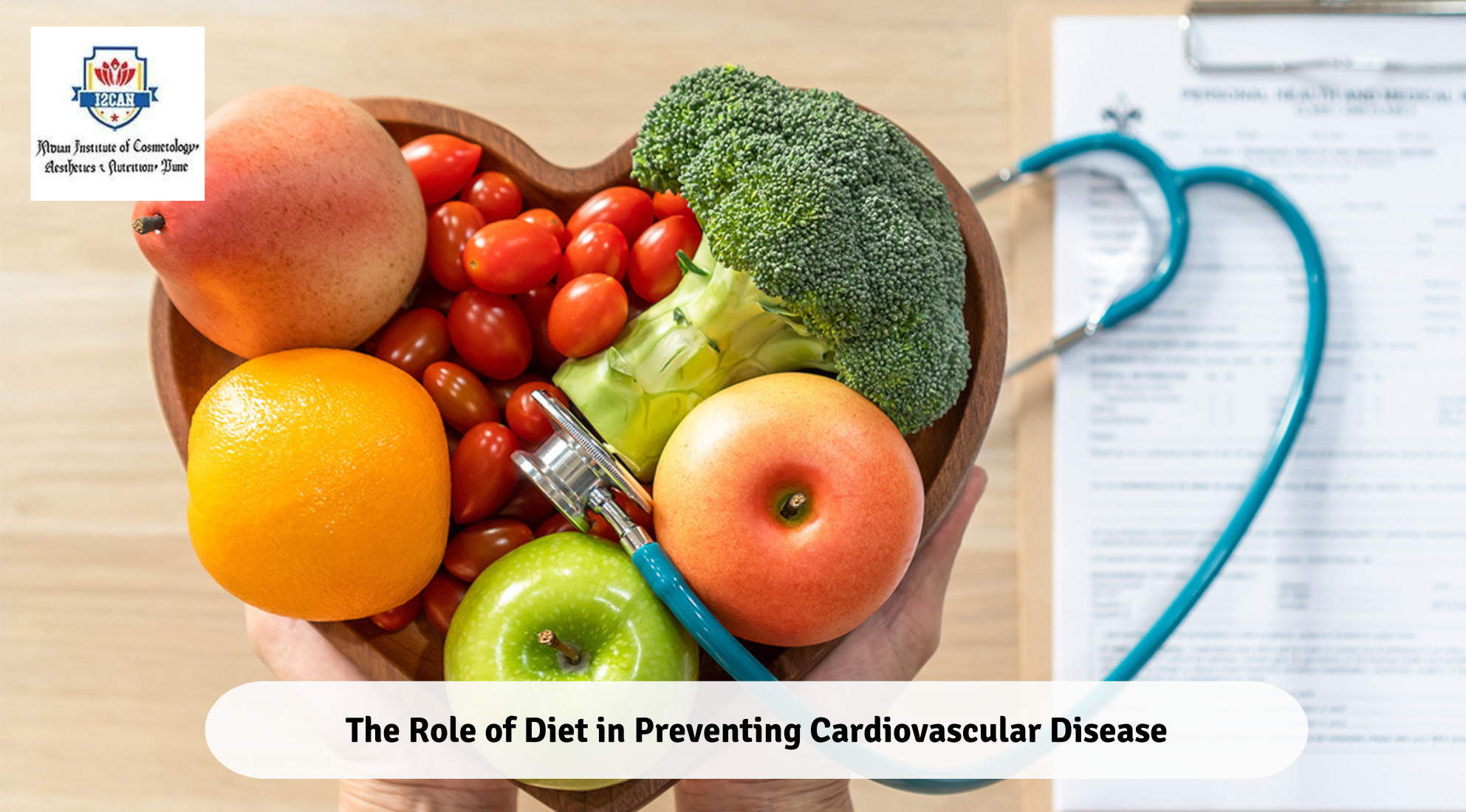Cardiovascular disease (CVD) remains a leading cause of mortality worldwide, with lifestyle factors playing a significant role in its development and prevention. Among these factors, diet stands out as a modifiable risk factor that can profoundly impact cardiovascular health. In this blog, we’ll explore the intricate relationship between diet and cardiovascular disease prevention, highlighting key dietary components and their effects on heart health.
Understanding Cardiovascular Disease: Before delving into the role of diet, it’s essential to understand cardiovascular disease. CVD encompasses a range of conditions affecting the heart and blood vessels, including coronary artery disease, heart failure, stroke, and hypertension. These conditions often develop due to a combination of genetic predisposition, lifestyle factors, and environmental influences.
The Role of Diet: Diet plays a crucial role in the development and prevention of cardiovascular disease. Certain dietary patterns and nutrients have been associated with either increased or decreased risk of CVD. By making informed dietary choices, individuals can significantly reduce their risk of developing heart disease and related complications.
Heart-Healthy Dietary Patterns: Several dietary patterns have been linked to lower rates of cardiovascular disease. The Mediterranean diet, characterized by high consumption of fruits, vegetables, whole grains, nuts, seeds, and olive oil, has consistently shown protective effects against CVD. Similarly, the DASH (Dietary Approaches to Stop Hypertension) diet, which emphasizes fruits, vegetables, low-fat dairy, and lean proteins while reducing sodium intake, has been associated with lower blood pressure and reduced risk of heart disease.
Key Nutrients for Heart Health: Certain nutrients play vital roles in cardiovascular health. Omega-3 fatty acids, found in fatty fish like salmon, mackerel, and sardines, have anti-inflammatory properties and can help reduce the risk of heart disease. Fiber, abundant in fruits, vegetables, whole grains, and legumes, helps lower cholesterol levels and improve heart health. Additionally, antioxidants such as vitamins C and E, found in fruits, vegetables, and nuts, can protect against oxidative damage to the arteries.
Conclusion: In conclusion, diet plays a crucial role in preventing cardiovascular disease. Adopting a heart-healthy dietary pattern, rich in fruits, vegetables, whole grains, lean proteins, and healthy fats, can significantly reduce the risk of heart disease and related complications. By making informed dietary choices and prioritizing heart health, individuals can take proactive steps towards a healthier future.


